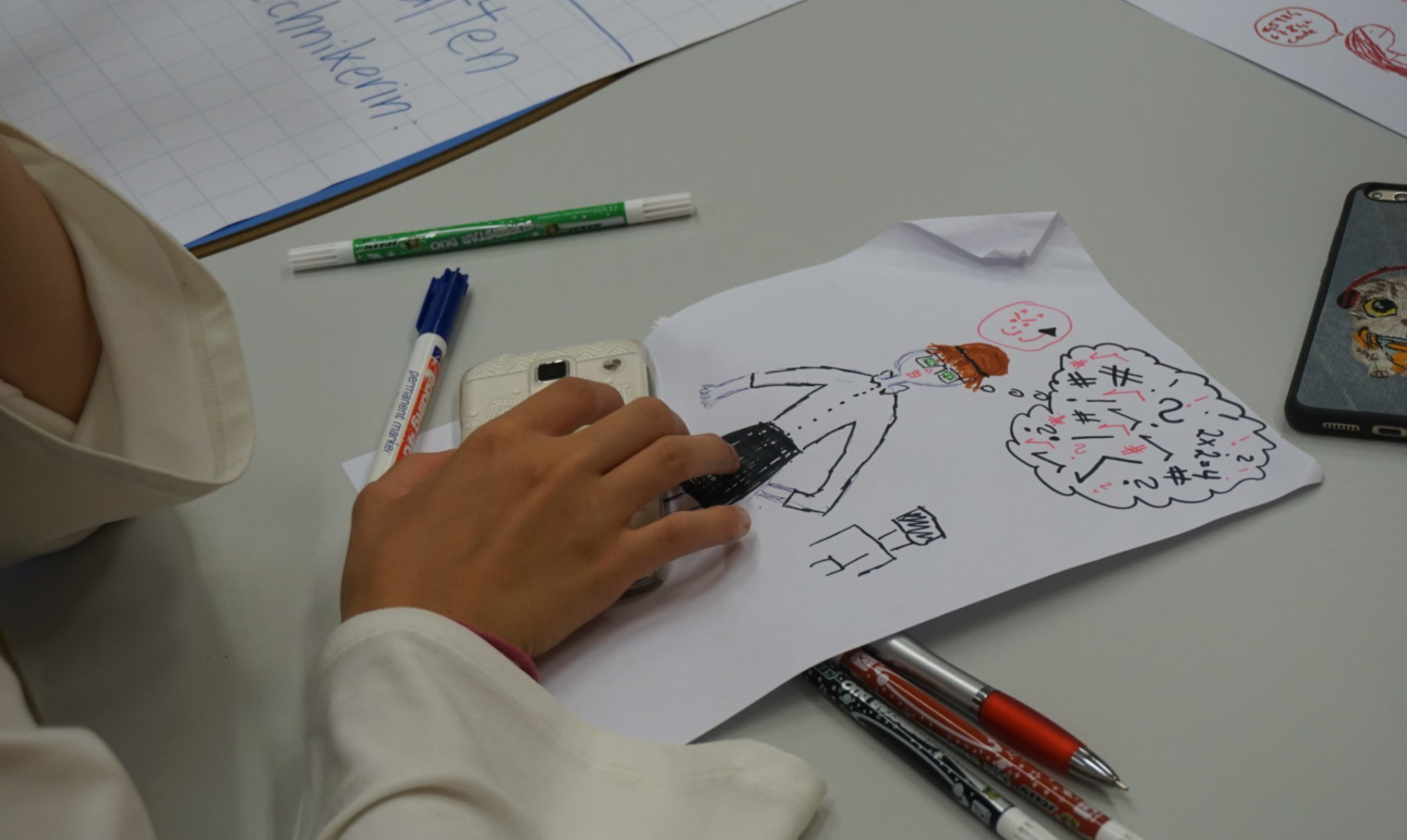Reference format: Gaeta, E., Beltrán-Jaunsaras M.E., Cea, G., Spieler, B., Burton, A., García-Betances R.I., Brown, D., Boulton, H., and Arrendondo, M.T. (2019) Evaluation of the Create@School Game-Based Learning–Teaching Approach. Sensors – Open Access Journal 19(15):3251, DOI: 10.3390/s19153251
Eugenio Gaeta, María Eugenia Beltrán-Jaunsaras, Gloria Cea
Universidad Politécnica de Madrid
Bernadette Spieler
Graz University of Technology
Andrew Burton, David J. Brown, Helen Boulton
Nottingham Trent University
Rebeca Isabel García-Betances, Maria Teresa Arredondo
Universidad Politécnica de Madrid
Abstract: The constructivist approach is interested in creating knowledge through active engagement and encourages students to build their knowledge from their experiences in the world. Learning through digital game making is a constructivist approach that allows students to learn by developing their own games, enhancing problem-solving skills and fostering creativity. In this context two tools, Create@School App and the Project Management Dashboard (PMD), were developed to enable students from different countries to be able to adapt their learning material by programming and designing games for their academic subjects, therefore integrating the game mechanics, dynamics, and aesthetics into the academic curriculum. This paper focuses on presenting the validation context as well as the evaluation of these tools. The Hassenzahl model and AttrakDiff survey were used for measuring users’ experience and satisfaction, and for understanding emotional responses, thus providing information that enables testing of the acceptability and usability of the developed apps. After two years of usage of code-making apps (i.e., Create@School and its pre-design version Pocket Code), the pupils processed knowledge from their academic subjects spontaneously as game-based embedded knowledge. The students demonstrated creativity, a practical approach, and enthusiasm regarding making games focused on academic content that led them to learning, using mobile devices, sensors, images, and contextual information. This approach was widely accepted by students and teachers as part of their everyday class routines.
Keywords: education; coding Apps; coding; STEM; pocket code; Create@School; mobile sensor; LEGO®sensors
Journal: Sensors — Open Access Journal
Link: https://www.researchgate.net/publication/334661771_Evaluation_of_the_CreateSchool_Game-Based_Learning-Teaching_Approach

One Reply to “Evaluation of the Create@School Game-Based Learning–Teaching Approach”
Comments are closed.